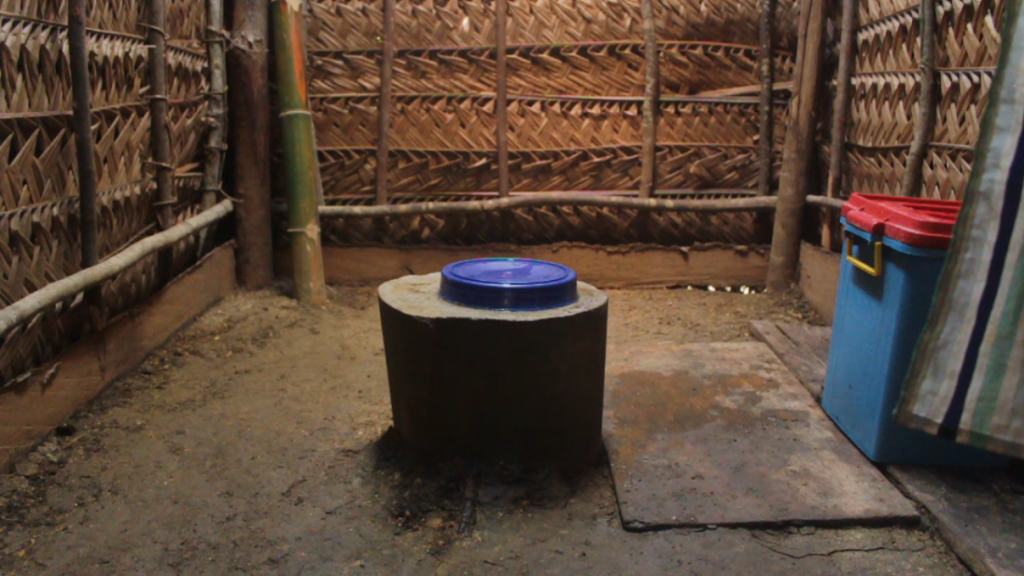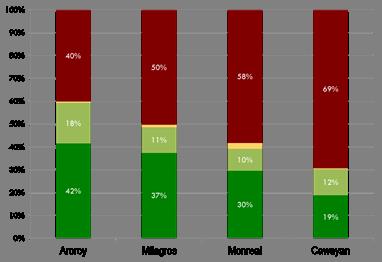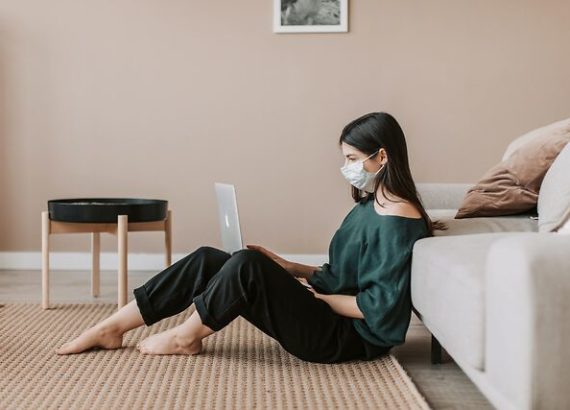Open Defecation-Free Masbate Communities : The Triumph of Unicef-Unilever Partnership
Masbate is one of the 15 poorest provinces in the Philippines. It would come as a surprise to many that thousands of people in these areas do not have access to clean restrooms even as the rest living in more progressive environments enjoy a fairly comfortable lifestyle. This is the very reason why Masbate became the focus of an aggressive sanitation campaign by UNICEF and Unilever.

Toilets like this in Aroroy, Masbate have wiped-out open defecation practices among residents, leading to lesser incidences of deadly illness especially among children.
The Unicef-Unilever Partnership
United Nations children’s agency UNICEF and Unilever Philippines have come together in a bid to stop the spread of deadly disease-spreading germs in less-privileged communities and far-flung provinces. Their program seeks to support the Filipinos’ commitment to better health primarily through community spirit and participation.
UNICEF, together with its partners like Unilever manage the Community Approaches to Total Sanitation (CATS) program. This program encourages people to look at the potential health risks of open defecation practices in their communities. It is likewise encouraging people to collectively seek solutions to sanitation problems either through sharing toilets or building their own.
Unilever has been supporting UNICEF’s CATS Program primarily through its toilet-cleaning brand DOMEX as part of its to the commitment to the Unilever Sustainable Living Plan which aims to help improve the health and well-being of more than a billion people worldwide.
The Dangers of Open Defecation
The practice of open defecation poses significant threat to community health. It is one of the primary reasons for diarrhea and other deadly diseases as flies can easily go to the feces and fly on to human food. Sickness in the family is not only a health concern as family income is affected with the inability of the bread winner to go to work to take care of a sick member. Children are likewise forced to miss school days if they are sick.
Towards Open Defecation-Free Communities
Before the campaign started, at least 40% of residents in Aroroy, Masbate were practicing open defecation. With the communities of Matalangtalang, Talib and Cabangcalan being declared open defecation-free, the CATS program is considered to be successful. The campaign’s success in these 3 communities is certainly a big leap towards eliminating disease-spreading germs. The UNICEF-Unilever partnership seeks to make 18 more barangays open defecation-free by the end of 2015. These will become the model barangays which will pave the way for program expansion and scale-up.
In the global view, the UNICEF-Unilever partnership has been instrumental in making it possible for more than 760,000 people to live in open defecation-free communities. This has led to improved health, safety, and security, not to mention the sense of dignity that comes in having access to such a basic necessity. This same partnership has provided more than 120 schools or 29,500 school children worldwide with safe water, sanitation, and hygiene facilities resulting to better health and improved education.
My Say
Every human being has the right to live in the best conditions possible. If something as basic as a clean restroom is not within the reach of communities, there is no argument that something needs to be done and fast. The UNICEF-Unilever partnership via a sanitation campaign in areas where it is obviously needed is a small spark that should hopefully bring all of us into action in creating a healthier and open defecation-free world for us to live in.














